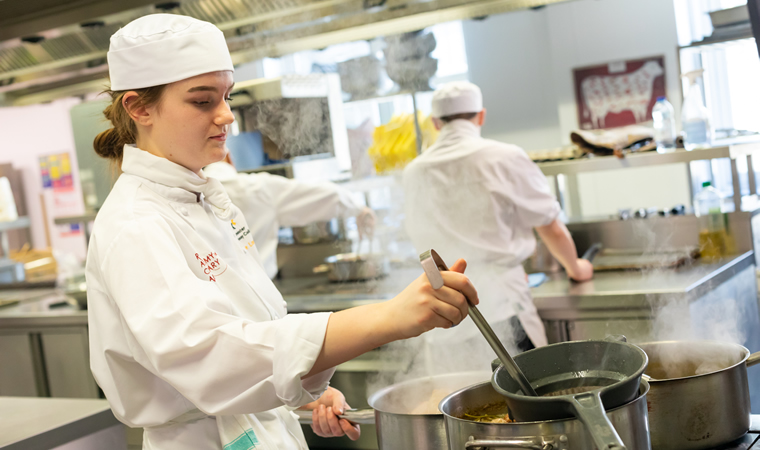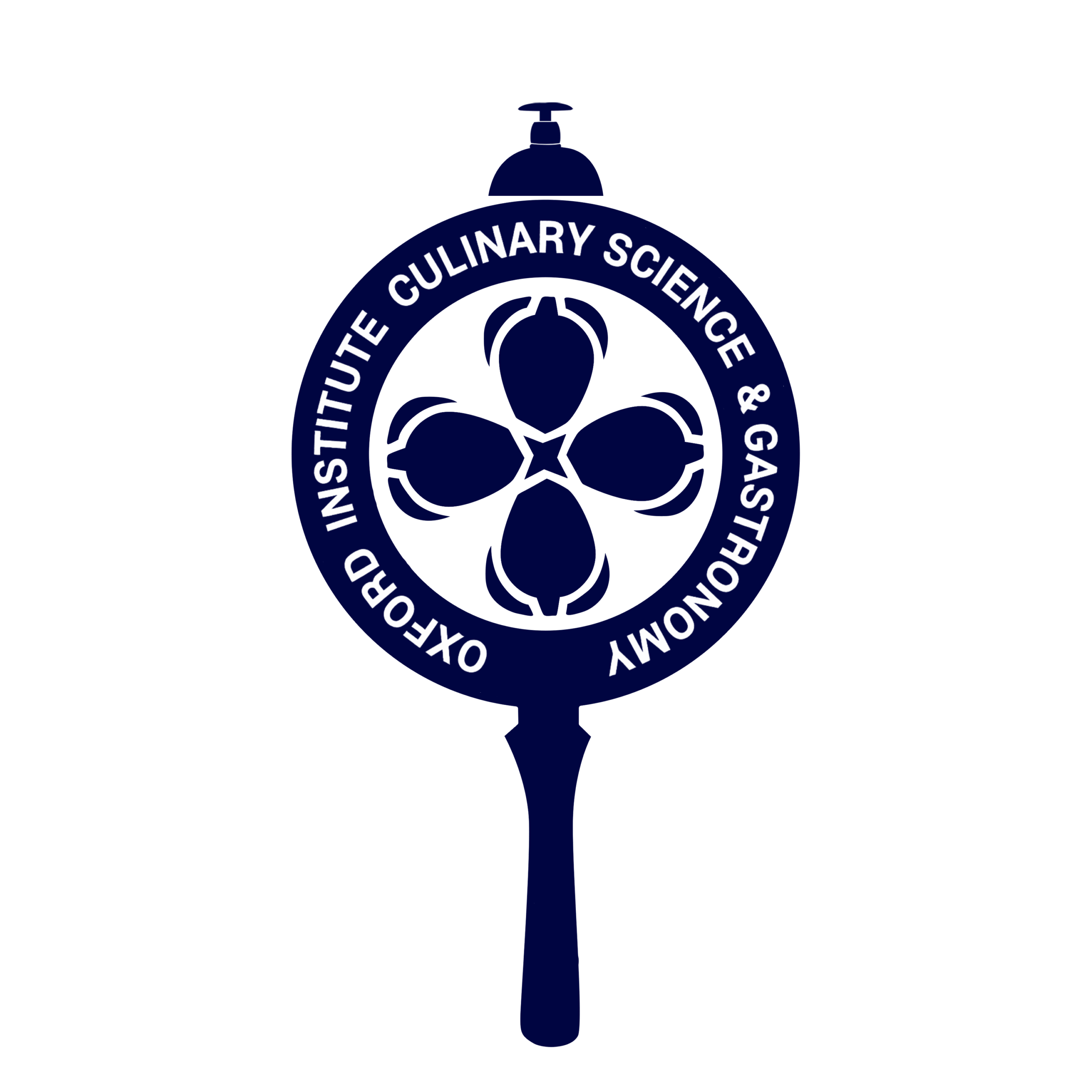Description

Foundation of the Art and Science of Food
 Program Overview
Program Overview
The Level 1 Professional Diploma in Gastronomy provides an integrated introduction to the culinary world, where creativity meets scientific understanding. Students develop fundamental technical, sensory, and theoretical skills that form the foundation for higher studies and professional success in gastronomy.
Through interactive learning, laboratory sessions, and supervised internships, participants explore how food expresses culture, identity, and innovation.
 Learning Objectives
Learning Objectives
By the end of this level, learners will be able to:
-
Understand the multidisciplinary nature of gastronomy.
-
Apply fundamental culinary and preparation techniques with accuracy.
-
Analyze taste, aroma, and texture using sensory science principles.
-
Implement hygiene, safety, and sustainable kitchen practices.
-
Work effectively as part of a culinary team.
-
Communicate ideas clearly in a professional food environment.
 Core Modules
Core Modules
| Module Code |
Module Title |
Key Topics Covered |
Hours / Credits |
| G101 |
Introduction to Gastronomy & Culinary Culture |
History of gastronomy, food as art/science, global traditions |
8 ECTS |
| G102 |
Culinary Foundations & Techniques |
Knife skills, cooking methods, mise en place, plating |
14 ECTS |
| G103 |
Taste Science & Sensory Evaluation |
Flavor perception, taste balance, sensory mapping |
10 ECTS |
| G104 |
Food Safety, Hygiene & Kitchen Management |
HACCP, sanitation, equipment handling |
8 ECTS |
| G105 |
Nutrition & Basic Food Chemistry |
Macronutrients, vitamins, dietary balance |
8 ECTS |
| G106 |
Communication & Teamwork |
Team coordination, kitchen ethics, communication skills |
6 ECTS |
| G107 |
Internship & Capstone Project |
Practical training + 3-course final project |
6 ECTS |
| Total Credits |
|
|
60 ECTS |
 Specialization Tracks (Electives)
Specialization Tracks (Electives)
Students choose one elective focus area to personalize their diploma:
| Elective Track |
Focus Area Description |
| Sustainable Gastronomy |
Principles of ecological kitchens, waste reduction, local sourcing |
| Food Art & Presentation |
Aesthetic plating, color theory, culinary design |
| Local & Heritage Cuisine |
Study of traditional and regional cooking practices |
| Plant-Based Culinary Foundations |
Nutrition and creativity in vegan and vegetarian gastronomy |
 Internship / Experiential Learning
Internship / Experiential Learning
-
Duration: 3 months (minimum 300 hours)
-
Location: Approved professional kitchens, hotels, or food research labs
-
Focus: Practical application of learned techniques, teamwork, and professional discipline
-
Evaluation: Supervisor report + student reflective journal
 Capstone Project
Capstone Project
-
Title: Three-Course Menu Creation & Presentation
-
Description: Each student designs and prepares a balanced three-course menu (starter, main, dessert) demonstrating technical accuracy, flavor balance, and artistic creativity.
-
Assessment: Practical performance (70%), written reflection (30%)
 Career Pathways
Career Pathways
Graduates of this level are qualified for entry-level positions such as:
-
Commis Chef / Assistant Cook
-
Gastronomy Apprentice / Trainee Chef
-
Food Production Assistant
-
Culinary Demonstrator (Junior)
This diploma also serves as a direct entry to Level 2 – Professional Advanced Diploma in Gastronomy.
 Entry Requirements
Entry Requirements
| Requirement |
Details |
| Academic |
High school diploma or equivalent |
| Language |
English proficiency (IELTS 5.0 or equivalent) |
| Skills |
Basic culinary aptitude test + interview |
| Age |
Minimum 17 years |
 Certification & Academic Credit
Certification & Academic Credit
| Qualification Title |
Professional Diploma in Gastronomy |
| Academic Credits |
60 ECTS (1 Academic Year) |
| Awarding Body |
Oxford Institute of Culinary Science and Gastronomy |
| Qualification Level |
Level 1 – Foundation / Diploma |
| Mode of Study |
Blended (Theory + Practical + Internship) |
